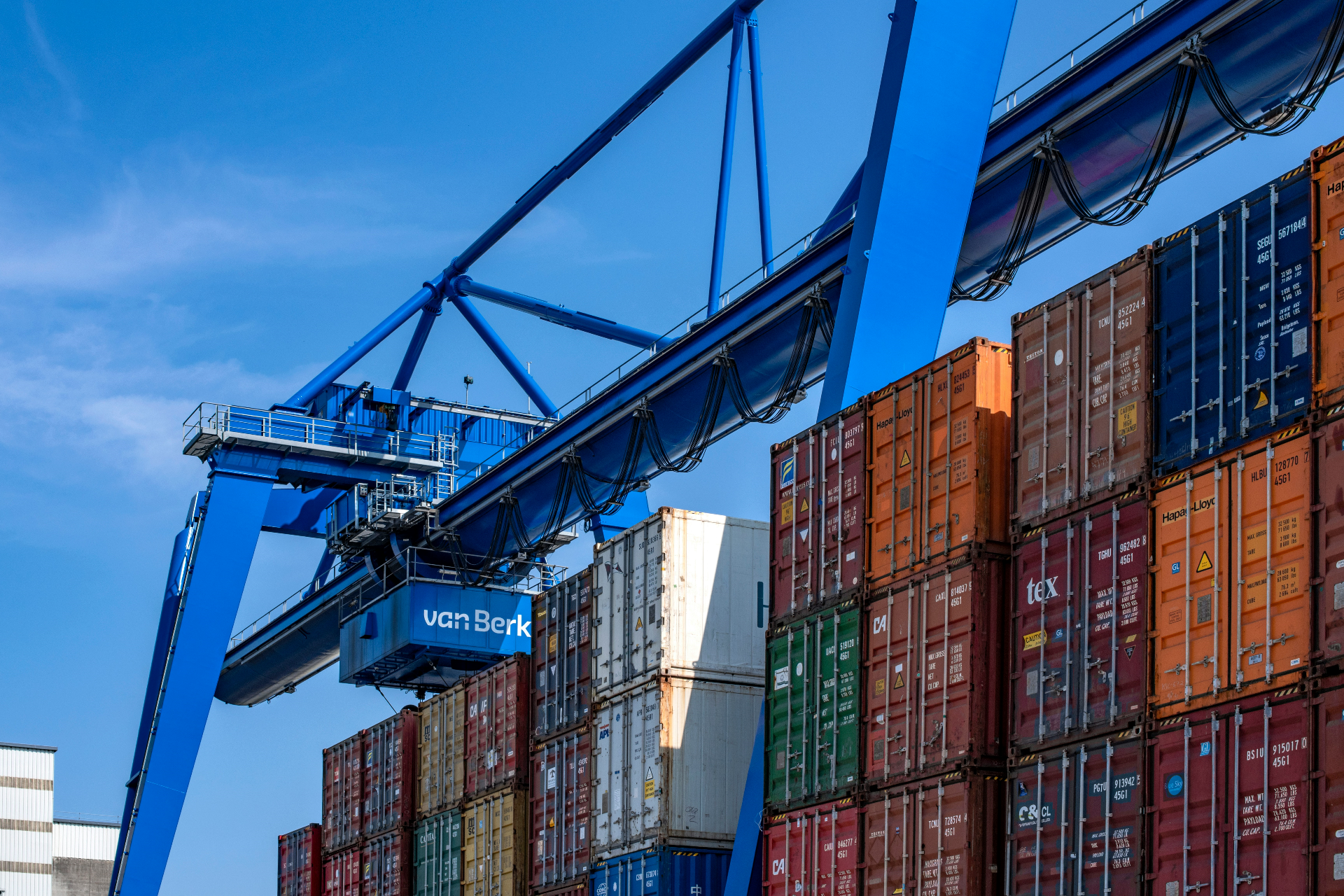SMEs engaged in international trade often face challenges in accessing financing. However, specialized financing options such as export factoring, export credit insurance, export loans, and trade finance instruments can provide tailored financial support. Additionally, government-backed programs offer additional assistance. By leveraging these financing options, SMEs can overcome financial barriers, expand their export capabilities, and drive growth in international markets.
Small and medium-sized enterprises (SMEs) play a vital role in driving economic growth and job creation. Many SMEs aspire to expand their operations beyond domestic markets and tap into the opportunities offered by international trade. However, one of the major challenges they face is accessing the necessary financing to support their export activities. Traditional financing options may not always be suitable for SME exporters due to their unique characteristics and limitations. Fortunately, there are specialized financing options available that cater specifically to the needs of SMEs engaged in international trade.
One such option is export factoring, which provides SMEs with immediate working capital by purchasing their accounts receivable at a discount. This allows businesses to access funds quickly, enabling them to fulfill orders and cover expenses related to export activities. Export factoring also provides protection against non-payment or delayed payment by the buyer, minimizing the risk of financial losses for SMEs.
Another financing option tailored for SME exporters is export credit insurance. This type of insurance protects SMEs against the risk of non-payment by foreign buyers. By securing export credit insurance, SMEs can mitigate the financial risk associated with exporting goods or services to foreign markets. This not only provides peace of mind but also enables SMEs to confidently pursue export opportunities and expand their customer base.
For SMEs seeking long-term financing options, export loans or lines of credit can be a suitable choice. Export loans are designed specifically to support the working capital needs of SMEs engaged in export activities. These loans may offer flexible repayment terms, competitive interest rates, and tailored conditions that take into account the specific needs and challenges faced by SME exporters.
Trade finance instruments, such as letters of credit or documentary collections, can also assist SMEs in managing the financial aspects of international trade transactions. These instruments provide assurance to both the exporter and the buyer, ensuring that payment is made upon the fulfillment of agreed-upon conditions. By utilizing trade finance instruments, SMEs can mitigate the risks associated with cross-border transactions and access the necessary financing to support their export operations.
Moreover, government-backed programs and initiatives can provide additional support to SME exporters. Many countries have export promotion agencies or development banks that offer financing programs specifically designed for SMEs. These programs may include grants, loans, or guarantees that help SMEs overcome financial barriers and expand their export capabilities.
Related Information



















































